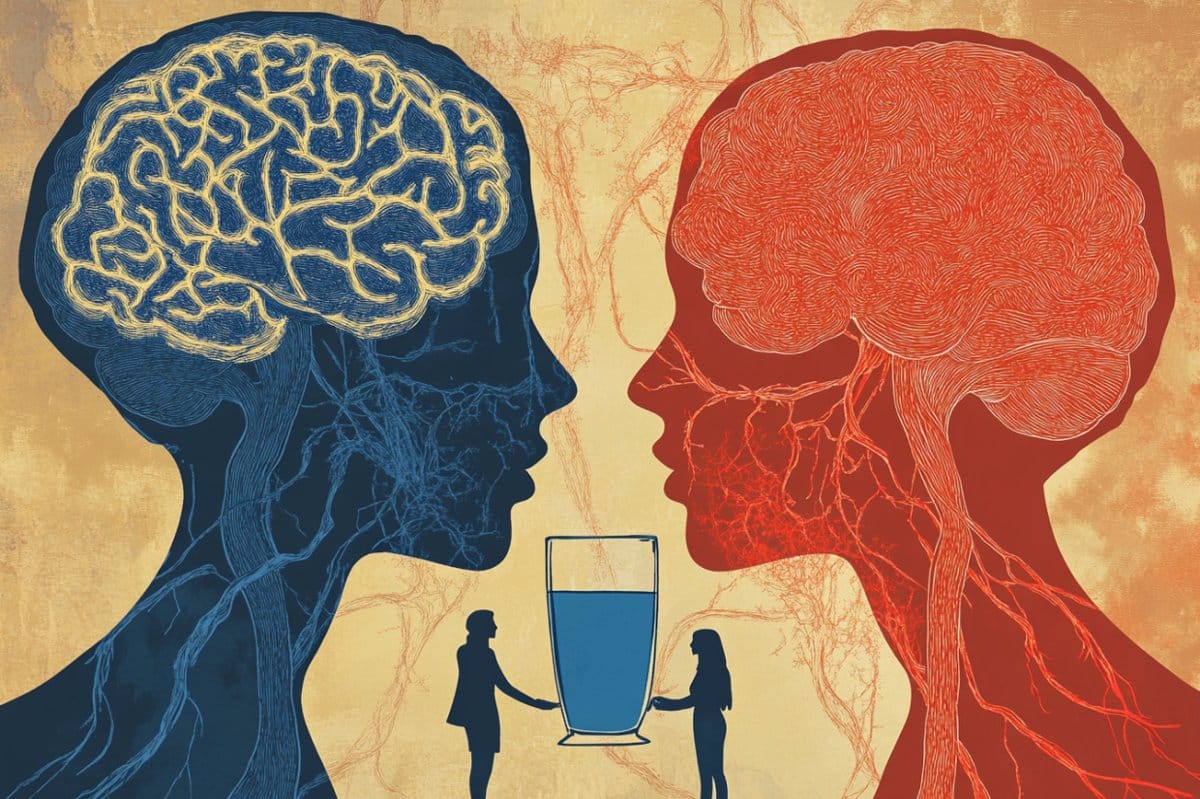

Heavy drinking has long been a topic of concern when it comes to its impact on the brain and cognitive function. Recent research has shed light on the potential consequences of consuming eight or more alcoholic drinks per week. These findings have linked heavy drinking to the development of brain lesions known as hyaline arteriolosclerosis, which can contribute to memory loss and cognitive decline. Understanding the implications of this association is crucial for individuals who may be at risk for these negative effects.
By Alex Carter Effects of Heavy Drinking on Brain HealthHeavy drinking, defined as consuming eight or more alcoholic drinks per week, has been linked to various negative effects on brain health. One of the most concerning consequences is the development of brain lesions known as hyaline arteriolosclerosis. These lesions are characterized by the thickening and hardening of the walls of small arteries in the brain, which can restrict blood flow and oxygen delivery to brain cells.
Research has shown that individuals who engage in heavy drinking are at an increased risk of developing these lesions, which can have serious implications for cognitive function. Hyaline arteriolosclerosis has been associated with impairments in memory, thinking, and overall cognitive decline. This highlights the importance of understanding the impact of heavy drinking on brain health and cognitive abilities.
By examining the relationship between heavy drinking and brain lesions like hyaline arteriolosclerosis, researchers hope to raise awareness about the potential risks associated with excessive alcohol consumption. These findings underscore the need for individuals to monitor their alcohol intake and make informed choices about their drinking habits to protect their brain health in the long term.
Implications for Public HealthAside from the direct impact on brain health, heavy drinking also poses significant risks to public health. Excessive alcohol consumption is a leading cause of preventable deaths and contributes to a wide range of social and economic problems.
Furthermore, the link between heavy drinking and brain lesions underscores the importance of early intervention and prevention programs. Education about the potential risks of alcohol abuse and access to treatment resources are crucial in addressing this issue.
By raising awareness about the neurological consequences of heavy drinking, healthcare providers and policymakers can work together to implement effective strategies for reducing alcohol-related harm in society.
Heavy Drinking and Cognitive Decline
According to Dr. Smith, a neurologist at Johns Hopkins University, "Chronic heavy drinking can lead to significant cognitive decline over time."
Final ThoughtsHeavy drinking has been shown to have detrimental effects on the brain, increasing the risk of developing brain lesions and cognitive decline. Research in neuroscience continues to shed light on the impact of alcohol consumption on mental health and cognitive function.
As we strive to understand the complexities of the human brain, it becomes increasingly important to consider the potential consequences of our lifestyle choices, including alcohol consumption. By staying informed and making conscious decisions about our health, we can work towards maintaining optimal brain function and overall well-being.
With ongoing research and awareness, we can better address the risks associated with heavy drinking and work towards promoting brain health for a better future.
Source: https://neurosciencenews.com/aud-lesions-cognition-brain-28589/
Health & Science
Josh has spent years researching and reporting on breakthroughs in medicine, public health, and scientific discoveries. Whether it’s the latest in biotechnology or updates on global health crises, Josh delivers information that matters to people’s well-being.